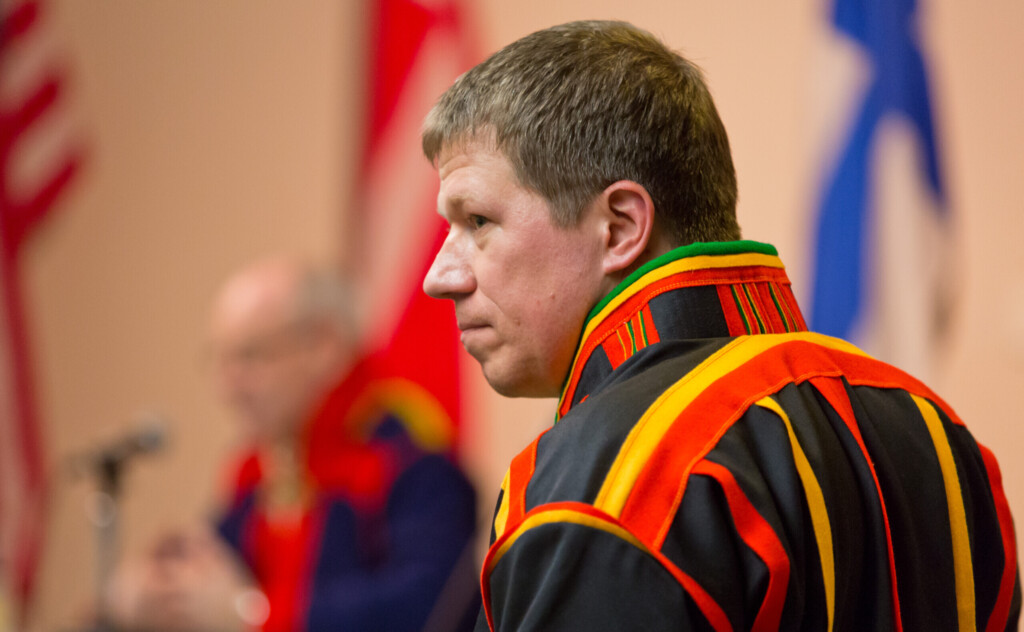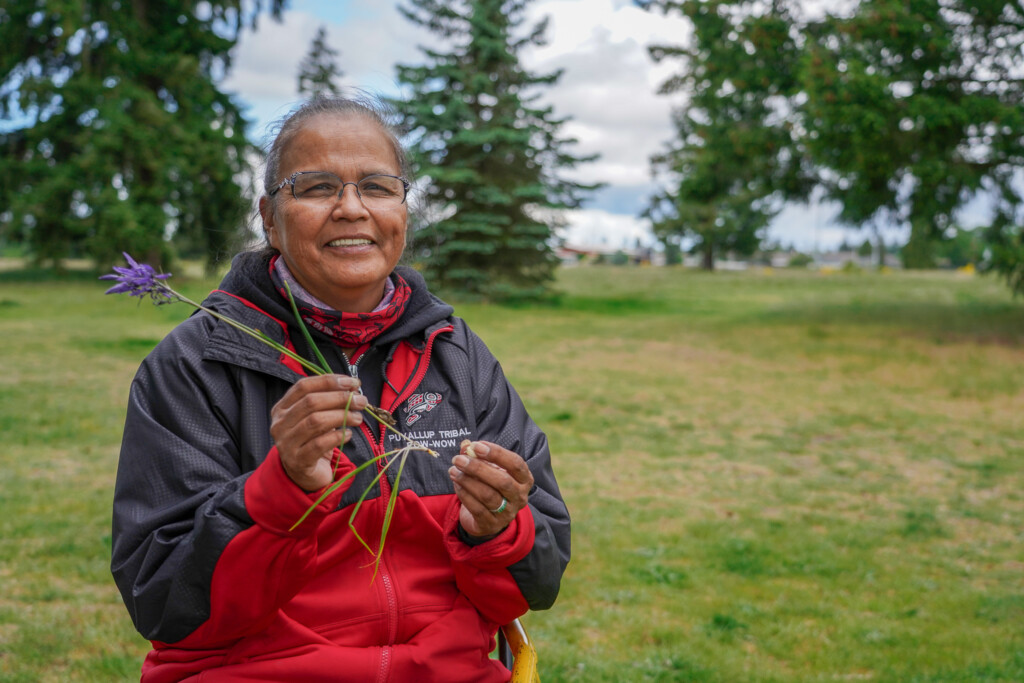Indigenizing the Academy
By Troy Storfjell
Originally published in 2014
One of the things that studying Indigenous stories and situations has shown me is that knowledge isn’t neutral. Our systems of knowledge grow out of our ways of being in the world and are all culturally-specific—that is, they are all created by particular cultures. The modern university system, with its distinct disciplines and its emphasis on empiricism and objectivity, is a product of a very specific European cultural foundation. The problem, though, is that we are trained to pretend that these culturally specific ways of knowing have somehow moved beyond the limits of the culture that produced them. What this really means is that Western tradition ends up being seen as universal, and all other systems of knowledge are seen as lesser, as culturally-specific exceptions to the norm.

Seen from my perspective as a Sámi—that is, as a member of the Indigenous people of northern Scandinavia—this is a problem. This arrangement has some very negative impacts on Indigenous peoples and other groups who don’t share the cultural framework that the university privileges. The philosophies and intellectual traditions of non-privileged peoples are seen as simplistic, primitive, or limited, and the “truth” about these groups is then defined by scholars trained in the western academic tradition. One cultural perspective is empowered and elevated to define all others. That inevitably leads to marginalization and oppression. Several years ago, I began collaborating with colleagues in Scandinavia on developing Sámi approaches to scholarship with the goal of creating a Sámi space within academia. After co-teaching a doctoral-level course in Indigenous methodologies at the University of Tromsø in January 2011, my sabbatical stay there during the 2011-2012 academic year allowed me to do more work on this with Sámi colleagues and Indigenous scholars from other nations. Currently, I am involved in two major research projects: a place-based study on competing and collaborating stories and perspectives with Dr. Kikki Jernsletten, a Sámi colleague in Norway, and a project on Indigenous aesthetics with an international group of Indigenous scholars including Sámi, Cree, Maori, and Native Hawaiians. Both projects involve developing critical scholarly approaches deriving from Indigenous ways of knowing.
This research focus has led me to a new project at PLU, too. I’m really fortunate to be working with a wonderful group of faculty and staff on developing an interdisciplinary program in Native American and Indigenous Studies here. My PLU colleagues in this project are Professors Suzanne Crawford-O’Brien (Religion), David Huelsbeck (Anthropology) and Carmiña Palerm (Hispanic Studies), as well as Angie Hambrick, Director of the Diversity Center. Working with partners and fellow educators in several Native American tribes in the area, we hope to build a cooperative program that meets local needs and provides a space for Indigenous ways of knowing at PLU. This won’t be about framing Native Americans and other Indigenous peoples as the object of study. Instead, it will be about empowerment and about building an education based on an Indigenous paradigm.



